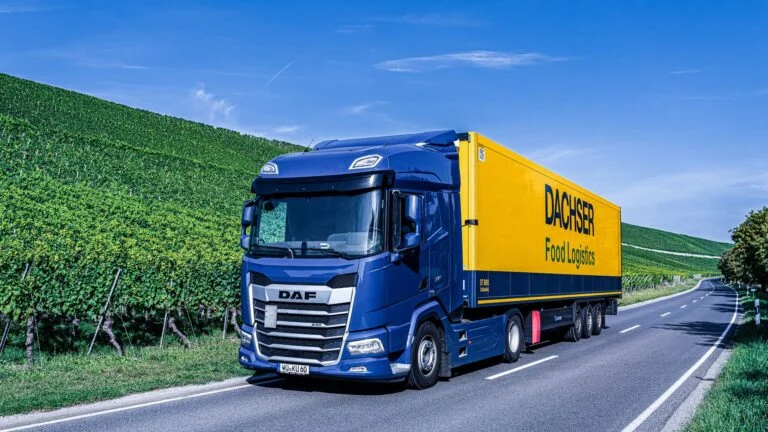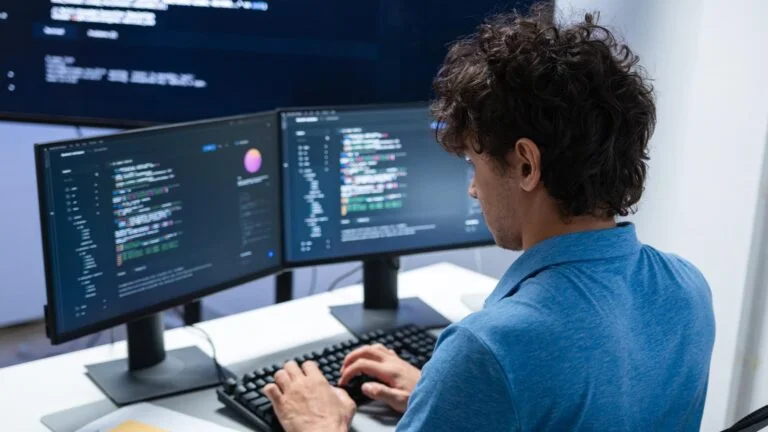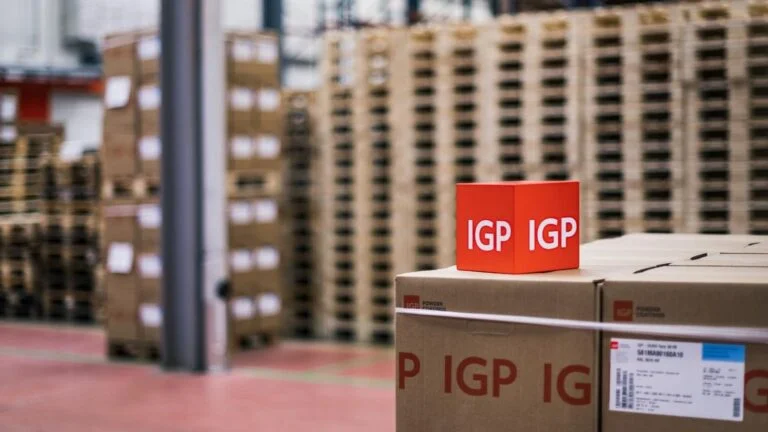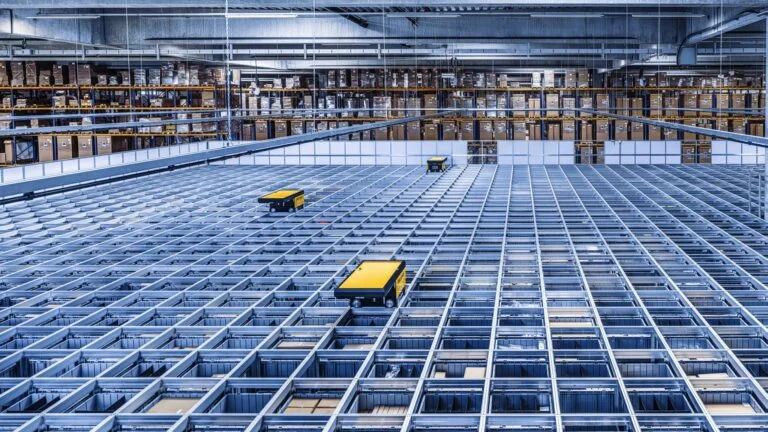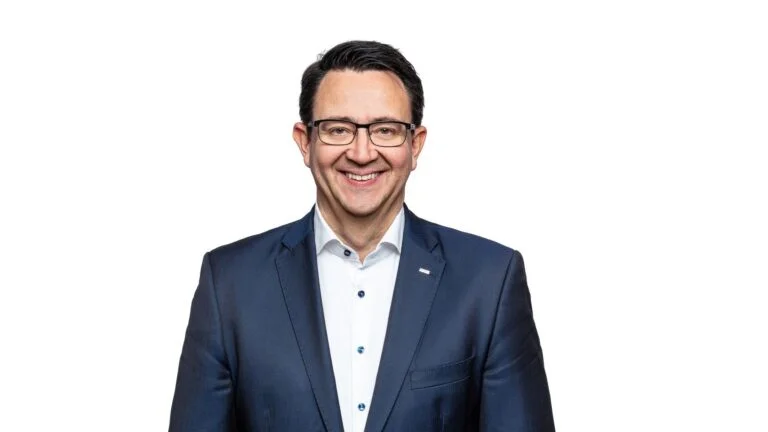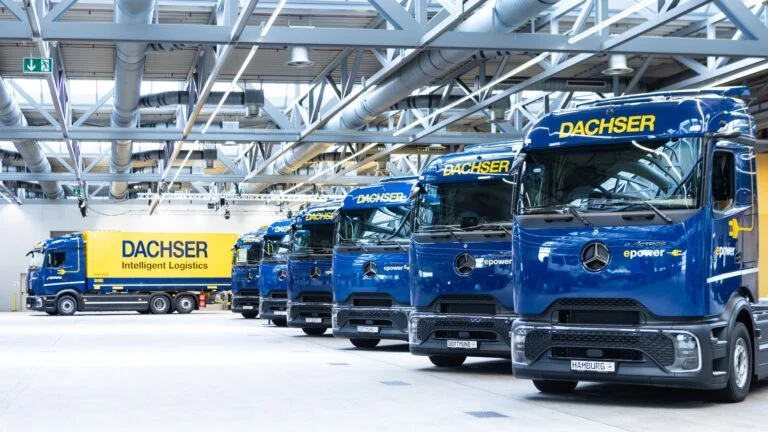Bernhard Simon in a video interview: 20 years of active partnership with Terre des Hommes
By Marcus Schick I 5 minute read
04/11/2025
Two decades ago, DACHSER began a partnership with the children’s aid organization Terre des Hommes. Bernhard Simon has been shaping this success story from the very beginning. In a video interview, the Chairman of DACHSER’s Supervisory Board answers the most frequently asked questions about the collaboration. We wanted to know a little more.
Quick Read
Mr. Simon, what is the guiding principle behind the collaboration with Terre des Hommes?
Bernhard Simon: We strictly adhere to the principle of “helping people help themselves,” as development work should not be a one-way street. We want to empower people to shape their own lives. This requires patience, trust, and cooperation on an equal footing. No one should feel like a supplicant, and we should not act like patrons. The ultimate goal is to turn an idea into self-employment and ultimately a self-sustaining structure.
Can you give an example of where this has been successful?
B. Simon: In Zambia, we support a local project on waste management. There is no municipal waste disposal system in the capital, Livingston. Together with Terre des Hommes and a local NGO, we came up with the idea of supporting a group of young people in setting up a recycling business. Today, this has grown into a company—Trash4Cash—that creates jobs, pays wages, and also gives the community a small income for the waste they collect. It is a flagship project for self-employment—an example of how initiative, entrepreneurial spirit, and responsibility work together.
We want to empower people to shape their own lives. This requires patience, trust, and cooperation on an equal footing.
How is this thinking reflected at DACHSER?
B. Simon: All of this is based on our value-based corporate management. As good, responsible global citizens, as corporate citizens, we must consider: What are the standards that are important for ensuring that our business is sustainable for the future? Because these standards are not developed equally around the world, we need an internal set of rules. If it also makes sense to engage in activities and projects that go beyond the mere pursuit of profit, we call this Corporate Citizen+. It is about taking responsibility wherever we operate as a company.
We take responsibility for ourselves: if I don’t live these values in my own company, I can’t credibly represent them to the outside world. It’s important to me that DACHSER’s approach to corporate social responsibility is not about “social washing.” Corporate citizenship requires integrity.
Women and children are often the focus of project work. Why?
B. Simon: Because they are most affected by poverty, environmental destruction, and social disadvantage—and at the same time have the greatest potential for change. I remember well the play Malala, which we supported as part of the intercultural event in Kempten. The story of Malala Yousafzai, who fought for the right to education in her homeland of Afghanistan at the age of eleven and survived an assassination attempt by the Taliban at fifteen, impressively demonstrated what the will to learn can achieve. Pencils are stronger than weapons – this image stays with me to this day. Education, especially for girls, is the key to sustainable development.
There is always a political message underlying your statements. What responsibility do companies have in this regard?
B. Simon: In addition to social and environmental responsibility, there is also political responsibility—what we refer to as corporate political responsibility (CPR). This means bringing values and standards to life wherever we operate—in Germany as well as in India or Vietnam. It is not enough to act correctly in our home market and turn a blind eye elsewhere. We are talking about critical conditions, the consequences of climate change, and the advantages of free societies. This is the seed of CPR as we understand it at DACHSER and as it is also expressed in projects with Terre des Hommes.
What began in 2015 with an initial project in India—a country that was not a focus of international aid at the time—has developed into a deep, strategic partnership. Today, DACHSER and Terre des Hommes can look back on successful projects in more than a dozen countries.
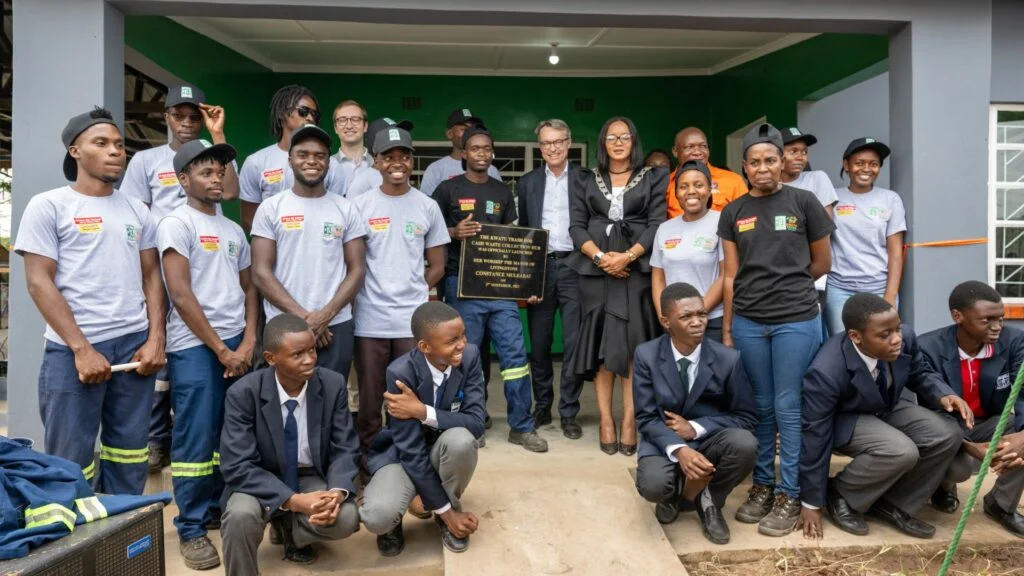
How do you see the future of cooperation with Terre des Hommes?
B. Simon: We still have a lot to do together. And we have already expanded our cooperation. At the end of 2023, DACHSER, Terre des Hommes, and myclimate officially began their joint work to address the consequences of climate change and open up long-term prospects for the local population through joint projects. The goal is always to implement projects that promote climate action while strengthening local communities and improving living conditions for children and young people.
What motivates you personally?
B. Simon: As an entrepreneur and chairman of the supervisory board at DACHSER, I want to shape and build something that will remain for future generations. Standing up for one another in the spirit of inclusive responsibility is based on the awareness that one person alone is nothing, but together we are like a network. Ever since my grandparents founded the company, it has always been important to us as a corporate family to pay attention to how we do things. It’s about being able to look in the mirror every morning with a smile on our faces.

